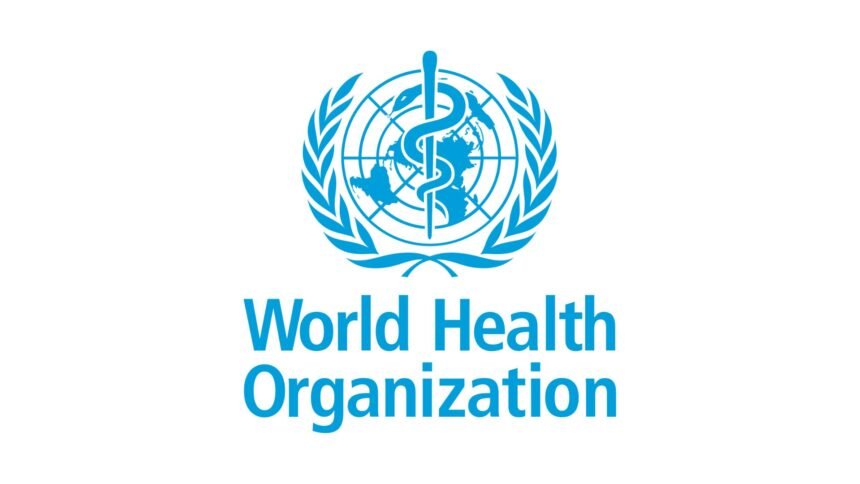Geneva: The World Health Organization (WHO) has announced the establishment of a Guideline Development Group (GDG) to formulate evidence-based recommendations for the testing and prevention of Human T‑cell lymphotropic virus‑1 (HTLV‑1) a neglected but serious sexually transmitted infection linked to aggressive blood cancers and neurological disorders.
HTLV‑1 discovered in 1977 as the first human retrovirus, affects an estimated 5–10 million people worldwide. The infection is prevalent in western and central Africa, Latin America and the Western Pacific Region though its distribution varies widely between countries. Despite its severe health impact, HTLV‑1 has long remained under-recognized in global public health strategies.
A Long-Neglected Virus Gets Global Attention
The virus is known to cause adult T-cell leukaemia/lymphoma (ATL) and a chronic neurological disease called HTLV‑1 associated myelopathy/tropical spastic paraparesis (HAM/TSP). While most high-income nations have adopted HTLV‑1 screening for blood donations WHO noted that few comprehensive public health measures exist for testing and prevention in low- and middle-income countries. The organization emphasized the urgent need for coordinated international action to curb this infection.
Towards a Global Public Health Response
This will be the first WHO guideline integrating current scientific evidence and best practices for HTLV‑1 testing and prevention. The initiative aims to establish a unified global framework to identify testing priorities, prevention methods and effective policy responses. The project is being developed in partnership with the Pan American Health Organization (PAHO).
The Guideline Development Group will hold its first virtual meeting on 8–9 December 2025 to review available data and recommend strategies on who to test, how to test and how to allocate resources effectively.
Global Participation and Transparency
In line with WHO’s commitment to transparency, members of the GDG drawn from all WHO regions have been selected for their expertise, field experience and community representation. WHO has also issued a call for public comments on the GDG member biographies and invites feedback until 24 October 2025 via email at hiv-aids@who.int.
WHO stated that public participation will help shape inclusive, science-based guidelines that address community needs and strengthen the global health response to this long-overlooked viral infection.


















